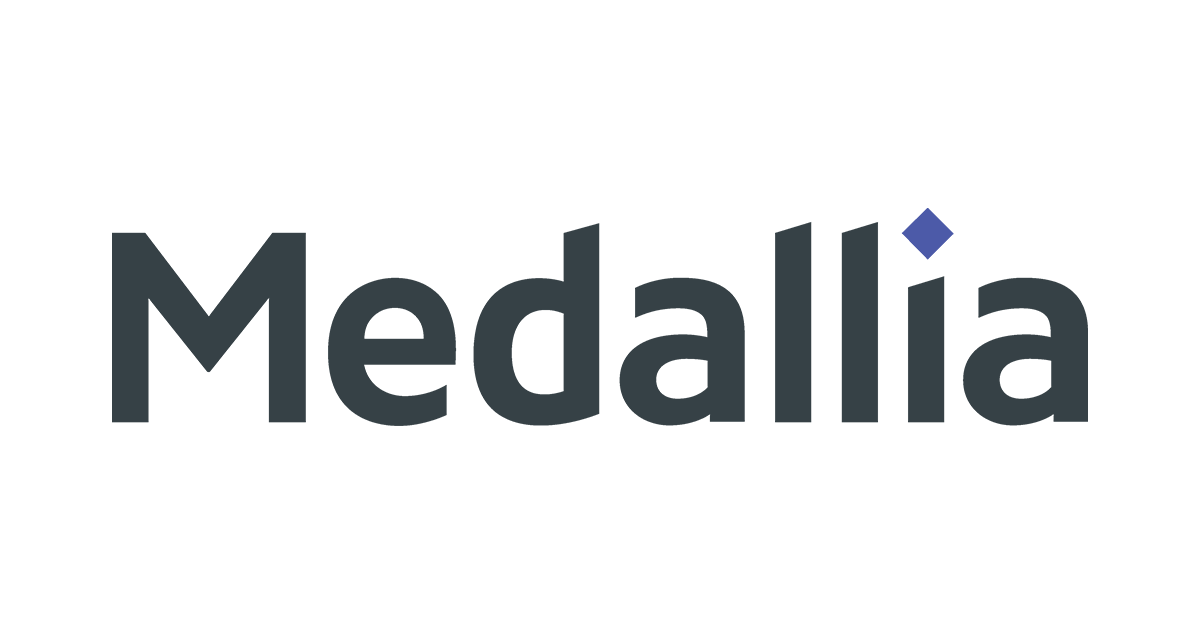MajP --
"So maybe I can use the found words to aid in finding the real terms, but a pure list of words is of little value."- your comment.
Agreed. but lets go the further step:
I have a simple search routine in my MS Access database & book writer that connects any two "searched for"/"found" words and makes a list/report. From that list I manually check to the listed occurrences in either the database or the listed book paragraphs, and I use that list for book writing and research purposes, unrelated to indexing.
But it occurs to me (and as you that imply_suggest) your Access_MS Word application, could be (?easily) be tweaked such that
- it finds the linkages between any two words
- would also for each "found occasion" know the exact location of each
- could therefore produce a list of "two word combination" plus location [+ content, actually, of each combo, as mine does]
- use the total final word list (as automatically, then manually, created - as you describe_suggest) - the key here would be to pare down to a final list that is not going to have an exponentially large number of possible combination of words.
- Now, it would be a difficult (but not impossible?) task to manually then go through and extract a list for any index, I know that. But a smart guru (such as yourself) could think this through and create something workable.
- (I can see that it would be necessary to) have some routine in MS Access (or linked via Access to control MS Word) whereby the operator person can manually combine the essential "word pairs" of his/her choice, armed with the knowledge/understanding of (a) what the guts_meaning of the text is (b) what the reader of the document is likely to want to search for.
- As an author, I would be perfectly happy to spend my time (within reason, of course) doing this "value adding" to the raw word list you can already produce. So that a nice simple usable end product is achieved. So that the end user can then decide what amount of time they want to invest in trying to get the perfect index done, manually adding to the computer produced list(s)
- I know this is not ideal. but i think a fair amount of judgement_skill could be applied by the person selecting the index "pairs", as they (in my mind) would be mostly the author of the material anyway, and would know the content intimately - so I would look on any "word finder_word pair producer" as a helpful aid, rather than as the total solution. Artificial intelligence isn't, and perhaps never will be (hopefully) as smart as the best human brains.
I would like to know what search phrase you used to find the instances of "word indexing" programs on the 'Net - I tried early on and (though mainly looking for freeware) didn't find much to get that excited about.
I see you have posted something that "crosses" with what I'm about to post ie this post (like a letter in the post in the olden days where I come from ...). Which I will answer point by point after I have posted this current lot of my comments off. I'ts pretty simple stuff and despite my mis-reading of the indexing application market, I reckon I'd love to see what you came up with in line with what I've written above. totally up to you and your inclination and available time etc etc, of course.
Added soon after:
I absolutely LOVE your suggestion to (via Access?) auto add chosen index tags to the Word docx, fantastic idea, especially if it can do "pairing" of selected words ----------> phrases.
Yes, I do really need to get more into MS Word, but I have great faith in Access's ability to query and manipulate (in the right hands of selected savants, of course)!!!
The silly (and/or quite valid) reasons I got sucked into Access were that
- I couldn't figure out how to control the position and behaviour of images in MS Word (!!!!!)
- I needed to combine book writing function with database function, which (as far as I can see) MS Ward fails horribly at, but my clunky setup in MS Access controls and connects the two functions OK.
- Note: I soon enough found a fairly satisfactory routine in Access to control the selection, storage, and positioning of images into about 8 preselected positions and sizes in book report, for any part of the book (chapter or paragraph) - the basic working unit of the book is the paragraph
- bottom line: works really well for me but (until its rebirth at the hands of some savvy guru) only I can use it (seems a waste, but it happens)
EdK


